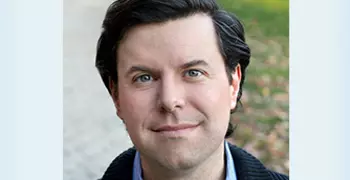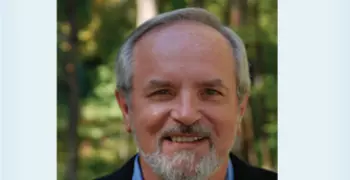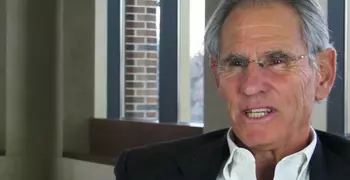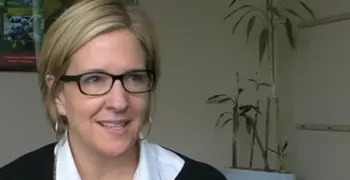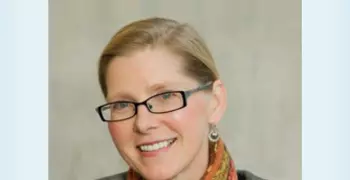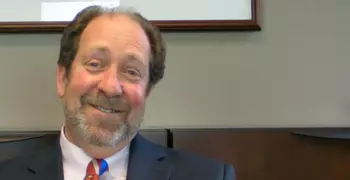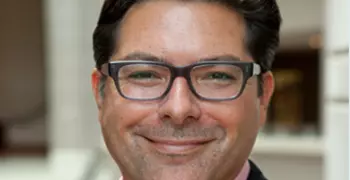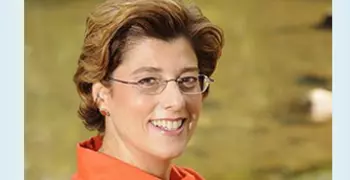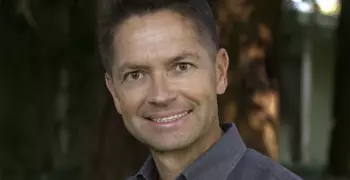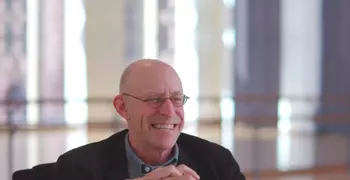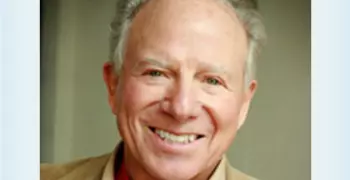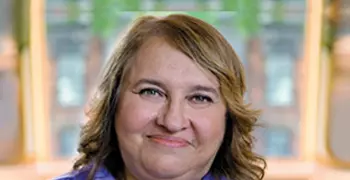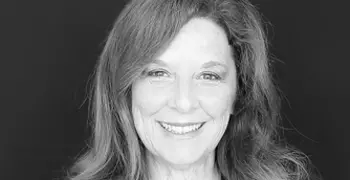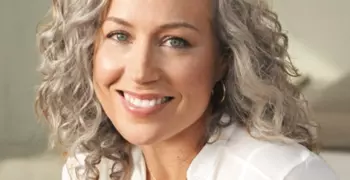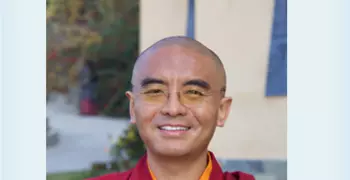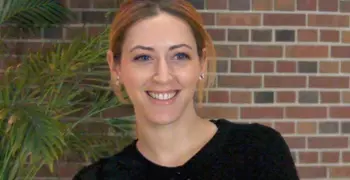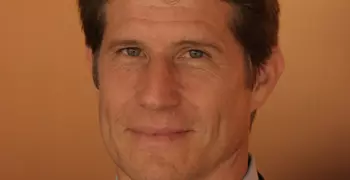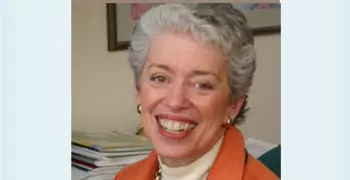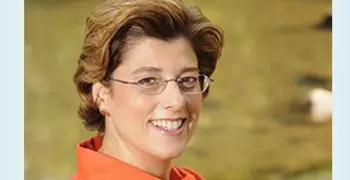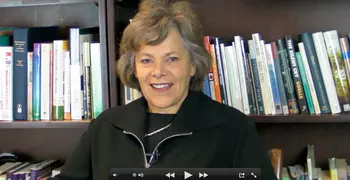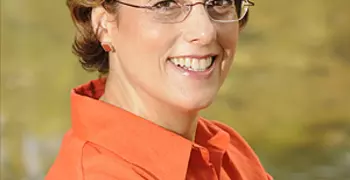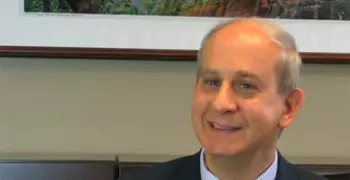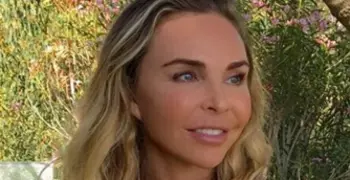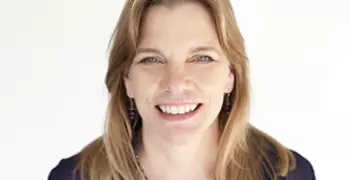Interview with Mimi Guarneri
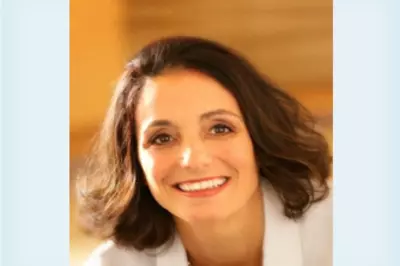
Mimi Guarneri is the founder and Medical Director of Scripps Center for Integrative Medicine in San Diego, which blends allopathic care with evidence-based complementary treatments and therapies. Board certified in cardiology and internal medicine, Dr. Guarneri is the author of numerous articles that have appeared in such journals as the Annals of Internal Medicine and the Journal of Echocardiology. She has been nominated for the Bravewell Award in IM Leadership and honored by the American Heart Association. Her recently published book is titled "The Heart Speaks: A Cardiologist Reveals the Secret Language of Healing." She recently spoke at the Ruth Stricker Lecture sponsored by the Center for Spirituality & Healing.
Please briefly describe your background and your area of expertise.
Dr. Guarneri: I'm a cardiologist by training. I started out as an interventional cardiologist, which basically means that I put in stents and did angioplasty. I am board certified in internal medicine, cardiology, nuclear cardiology, and holistic medicine. My practice is really one of cardiovascular disease.
Is there a person or experience that has guided your career?
Dr. Guarneri: There have been many, many things that have guided me on my way. First and foremost has been my own personal experience - my own growth - which has evolved over many years of treating my patients. It has been through my patients that I have learned many important lessons of the heart, especially the fact that the heart is affected by emotions, and that how we live our lives is as important as the type of food that we put into our bodies. My own personal journey has been one in which I've spent a lot of time doing my own spiritual practice, meditation, and lifestyle change. Through that process I have really come to realize that there are many paths to healing and that health is truly much more than just the absence of disease.
What are some of the most exciting things happening in the area of integrative medicine right now?
Dr. Guarneri: I think the most exciting thing in alternative medicine is that we are starting to have some of the tools like functional MRIs that allow us to begin to understand things that we could not understand before, such as what happens to the brain during meditation. [It gives us the ability to] look at the affect of acupuncture on the brain, and so on. We are coming to a level where in order to change medicine, we need to be able to understand and explain some of these things, and we're reaching a point where maybe we have the kind of technology that allows us to do that.
Do you see the coming decade as an era of increased integration?
Dr. Guarneri: I see the coming decade as, hopefully, a time when we won't have to call it "integrative medicine" anymore, and we can just call it "medicine" - a time when we focus on treating the whole person. Mind, body, and spirit are all important. From the standpoint of cardiology, we have to realize that we can't just give somebody a statin, but we have to look at what is going on with someone in their life, their environment, their family, how they're eating, how they're living their lives.
To me this is very basic, and should be what medicine is. We can bring in modalities that were historically called "alternative" in Western medicine. That will happen as we begin to understand that things like Traditional Chinese Medicine have been around for 5,000 years. It's kind of silly that we're trying to validate that, but we will hopefully come to understand it in terms of our paradigm, or shift our paradigm so that we can use some of these modalities.
What do you see as the greatest challenge facing integrative medicine today?
Dr. Guarneri: I think there are two big challenges. We have to respect that Western medicine has been around for a very long time in its current, conventional form, and it takes a long time to change. We have to educate medical students, physicians, nurses, and health care practitioners on both sides. So, we have to educate the alternative world about the Western world, and we have to educate the Western world about some of these alternative modalities. We need to look at health through a new set of lenses coming together. There's also the issue of what is paid for in the United States. Much of medicine in this country is dictated by what insurance companies cover, so many people are forced to do only what is covered. So that means maybe having to choose surgery over acupuncture. I think we need to look to a different model of insurance as well.
What is something people can do to achieve and maintain overall health?
Dr. Guarneri: I think a simple thing we can do is to be conscious of the food that we put into our bodies because that's a choice. Every time we choose to eat, we make a choice of what we are going to eat. I think we can also do something very simple which is to remember that we always have our breath, and that when we feel anxious, upset, or angry, we remember to a deep breath. And, that we remember to park far away from our destination, so that we can get some exercise in throughout the day.
In an era of so much competing information on nutrition, where do you recommend people turn for advice?
Dr. Guarneri: I think if I had to pick the world's perfect diet, it would be the vegetarian, vegan diet. I think the research is overwhelming in support of this type of diet. People need to look at some of books like Vibrant Living, which is a wonderful cookbook. People need to explore the area of raw foods, and need to look at the Mediterranean diet if they're not ready to become a vegan or vegetarian. People need to get rid of the chemicals in their lives. I just love Mitch Gainer's book, Nurture Nature, Nurture Health, which is about environmental causes of disease. It really is an eye-opener for people to look at things like partially-hydrogenated oils, hormones added to meat, high-fructose corn syrup, etc. that I believe are really causing a lot of chronic illness in our country.
What is a common health-related mistake that you frequently see in your patients?
Dr. Guarneri: Many people are eating foods that are inflammatory, that cause inflamation. That's probably the most common mistake. So, foods that are high in sugar, foods that are high on the glycemic index - like white flour, for example. [Instead more focus needs to be on] foods like salmon, sardine, and trout that are high in omega-3s. Most of the chronic disease that we see now is the result of inflammation, so I think that if we can just clean out the pantry and get rid of everything fried and processed, and encourage people to stick with whole grains, green vegetables, nuts, fruit, and maybe, if necessary, some wild salmon, then all of a sudden people will start to see how their bodies will change and how they can come to feel better.
What is your next professional endeavor?
Dr. Guarneri: For me personally, after completing the Scipps Center for Integrative Medicine, which is launching its second phase of renovation, I want to look more into global healing, and do something in that arena.




